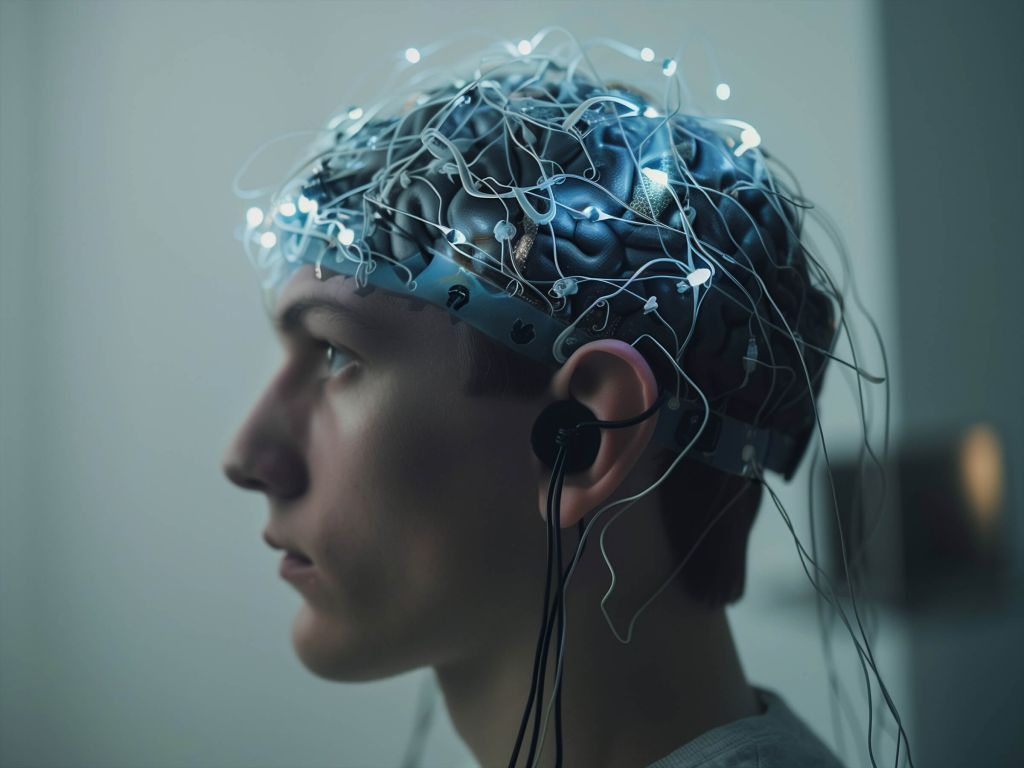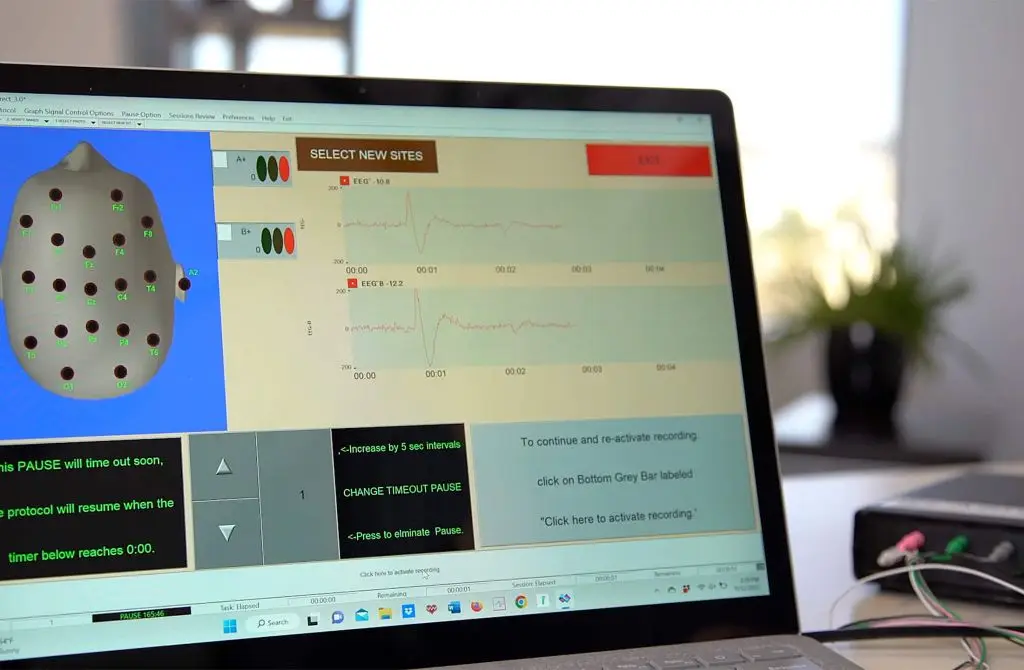Millions of people around the world struggle with the inability to fall asleep or stay asleep throughout the night. This chronic sleep condition is called insomnia. Insomnia can leave you feeling tired, irritable, and unable to function at your best. While medication is often prescribed as a treatment for insomnia, many people are seeking natural, drug-free alternatives. One such option gaining traction is neurofeedback, a technique that uses real-time brainwave monitoring to cause the brain to self-regulate and improve sleep. But can neurofeedback truly replace medication as a treatment for insomnia?
Understanding Insomnia and its Treatments
Before diving into the potential of neurofeedback, let’s understand the different types of insomnia and the conventional treatment approaches. Insomnia can be categorized as acute (short-term) or chronic (long-term). Acute insomnia can be caused by stress, jet lag, or illness, while chronic insomnia often stems from underlying medical conditions, anxiety, or poor sleep habits.
Traditional treatments for insomnia include:
- Medication: Sleep medications, such as benzodiazepines and z-drugs, can help induce sleep in the short term but can be habit-forming and have side effects like grogginess and dependence.
- Cognitive Behavioral Therapy for Insomnia (CBT-I): This therapy helps identify and change negative thoughts and behaviors that contribute to sleep problems. It is considered the gold standard for chronic insomnia treatment.
- Lifestyle changes: Establishing a regular sleep schedule, creating a relaxing bedtime routine, practicing relaxation techniques, and improving sleep hygiene are crucial components of any insomnia treatment plan.
Natural Approaches to Sleep
Many people prefer natural approaches to improve their sleep quality. These might include:
- Herbal remedies: Melatonin, chamomile, and valerian root are popular supplements used for sleep, although their effectiveness varies.
- Relaxation techniques: Meditation, yoga, and deep breathing exercises can help calm the mind and promote relaxation before bed.
- Dietary changes: Avoiding caffeine and alcohol close to bedtime and eating a healthy diet can contribute to better sleep.
What is Neurofeedback and How Does it Work?
Neurofeedback is a non-invasive technique that uses real-time feedback of brainwave activity to cause the brain to self-regulate. Traditional neurofeedback requires a person to watch a screen and attempt to hit the desired brainwave states. Traditional neurofeedback can be effective but does require an ample investment of effort and time. A newer form of neurofeedback called CLARITY Direct Neurofeedback™ (CLARITY) now exists that cuts session times by over a half and gets results while a client remains relaxed. During a CLARITY session, electrodes are placed on the forehead and neck. The electrical activity of the brain is monitored via an EEG which also sends a microstimulation back to the brain. This signal causes the brain to evaluate its patterns and produce more of the desired, balanced brainwave patterns associated with better sleep.
Can Neurofeedback Replace Medication for Insomnia?
While the research on neurofeedback for insomnia is promising, it is not a magic bullet and may not be a complete replacement for medication for everyone. Here’s a closer look at its potential and limitations:
Pros:
- Drug-free: Neurofeedback is a non-invasive and drug-free approach, making it appealing to those seeking to avoid medication and its potential side effects.
- Long-term benefits: Unlike sleep medications, which only provide temporary relief, neurofeedback can have lasting effects on sleep quality by causing the brain to self-regulate.
- Potential to address underlying causes: Neurofeedback may not only improve sleep symptoms but also address underlying issues like anxiety or stress that contribute to insomnia.
Cons:
- Limited research: While client experience is showing neurofeedback for insomnia to be effective with long-term efficacy, the research on neurofeedback for insomnia is still growing. Currently, it is not as extensive as studies on conventional treatments.
- Cost and accessibility: Neurofeedback therapy can be an investment and may not be covered by insurance, making it less accessible than medication. Los Angeles Neurofeedback Center offers scholarships and payment plans to help offset this issue.
- Requires commitment: Neurofeedback typically involves multiple sessions over several weeks, and requires commitment from the individual. Fortunately CLARITY sessions can be completed in 20-30 minutes and at most need to be done twice a week for 21 days.
Who Can Benefit from Neurofeedback?
Neurofeedback may be a suitable option for individuals with chronic insomnia who:
- Are looking for a drug-free approach to improve their sleep.
- Have not responded well to traditional treatments like medication or CBT-I.
- Are willing to commit to 15-25 sessions for lasting change.
Conclusion
Natural treatments like neurofeedback offer promising alternatives to medication for managing insomnia. While neurofeedback cannot entirely replace medication for everyone, it can be a valuable tool for some individuals, especially those seeking long-term, drug-free solutions. Ultimately, the best approach to treating insomnia depends on the individual’s specific needs and preferences. Consulting a healthcare professional can help you determine if neurofeedback or other natural treatments are right for you. Remember, a holistic approach that combines healthy sleep habits, relaxation techniques, and potentially neurofeedback, can be more effective than relying solely on any one method.




